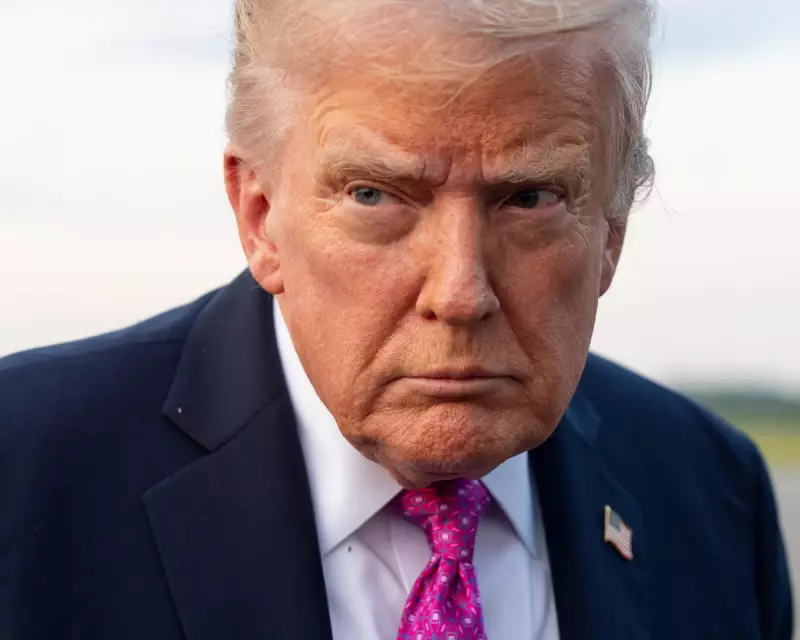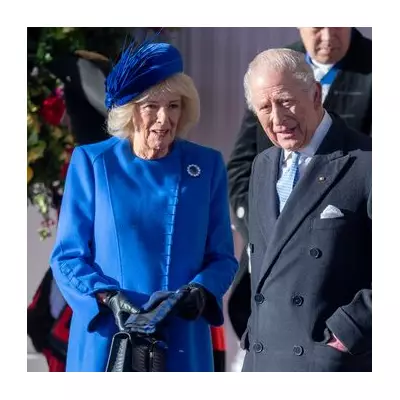
The National Health Service's ability to provide affordable medicines faces an unprecedented threat from across the Atlantic, as Donald Trump's potential return to the White House could dismantle Britain's carefully negotiated drug pricing system.
According to healthcare experts and policy analysts, Trump's well-documented allegiance to 'Big Pharma' represents a clear and present danger to the NHS's founding principles. The former president's previous attempts to force higher drug prices on Britain during his first term provide a worrying blueprint for what might come.
The Transatlantic Pharmaceutical Standoff
Britain's medicine pricing structure has long been the envy of healthcare systems worldwide, leveraging the NHS's purchasing power to secure medications at significantly lower costs than American patients pay. This system not only saves British taxpayers billions annually but ensures life-saving treatments remain accessible to all.
However, this very success has drawn the ire of pharmaceutical giants and their political allies. During Trump's previous administration, US officials explicitly threatened to withhold security cooperation unless Britain agreed to pay more for drugs—a move that experts warn could be just the beginning.
Labour's Precarious Position
The newly elected Labour government now faces its first major international healthcare challenge. Despite securing a substantial parliamentary majority, ministers must navigate complex trade negotiations while protecting the NHS from American corporate interests.
Healthcare economists warn that any compromise on drug pricing could have catastrophic consequences for the NHS's financial sustainability. The service already operates on razor-thin margins, and increased medicine costs could force devastating cuts to other essential services.
The Human Cost of Corporate Profits
Behind the political posturing and trade negotiations lie real patients whose lives depend on affordable medications. From cancer treatments to diabetes management, the NHS's bargaining power ensures that medical breakthroughs benefit everyone, not just those who can afford premium prices.
Medical professionals across Britain are expressing grave concerns about what Trump's potential return could mean for patient care. Many remember the previous administration's threats and fear a second term would bring even more aggressive tactics.
A Battle for the NHS's Future
This emerging conflict represents more than just a trade dispute—it's a fundamental clash of healthcare philosophies. On one side stands a profit-driven model that treats medicine as a commodity; on the other, Britain's commitment to healthcare as a public good.
As negotiations loom, the Labour government must balance diplomatic relations with its duty to protect the NHS. The outcome of this struggle will determine not only drug prices but the very character of British healthcare for generations to come.
The coming months will test whether Britain's health service can withstand the pressure from the world's most powerful pharmaceutical lobby and its political champions. For millions of patients and healthcare professionals, the stakes could not be higher.





